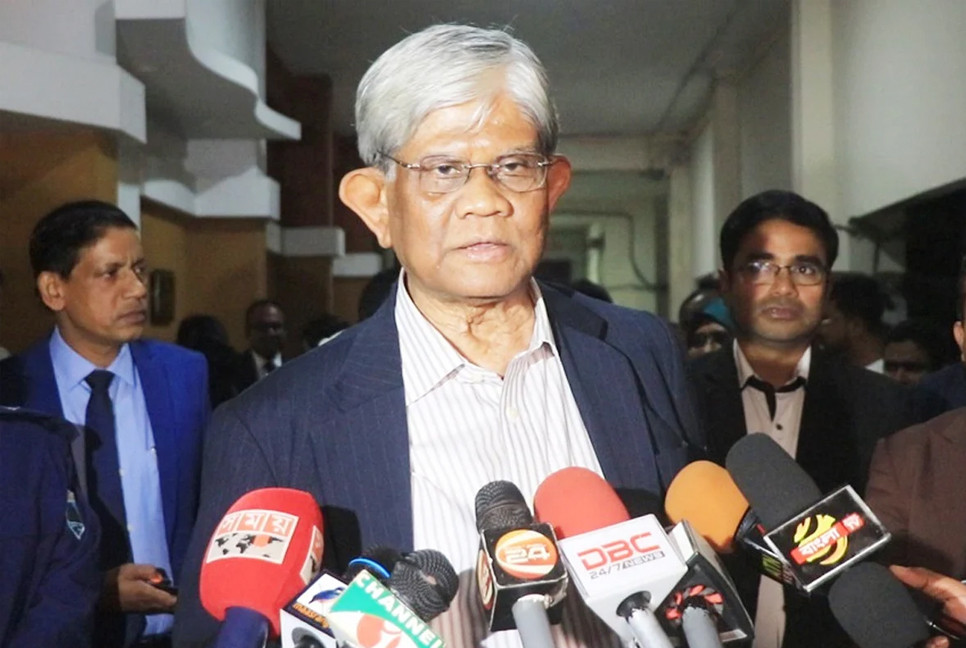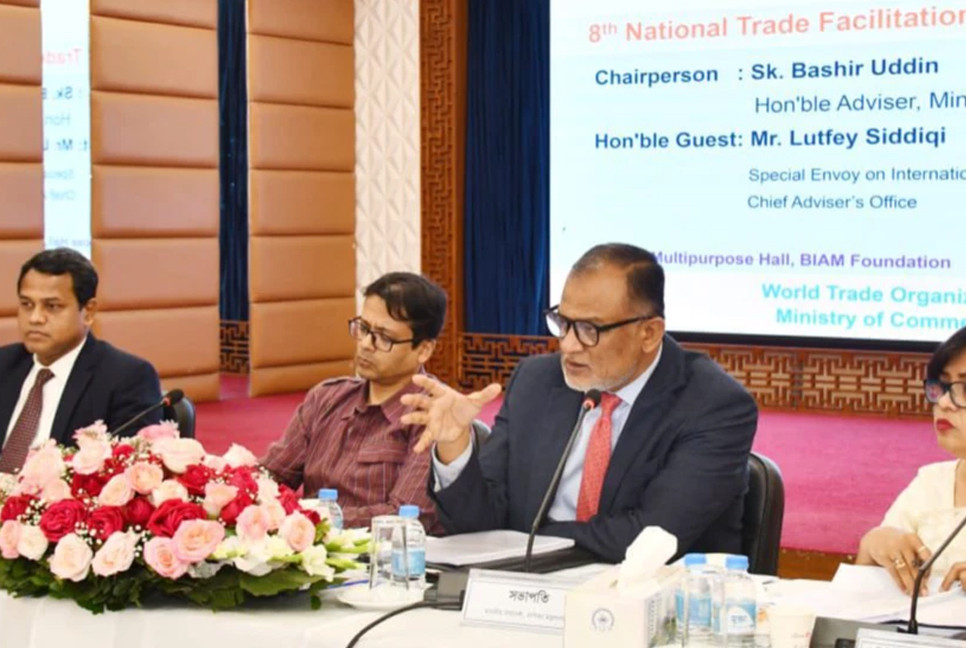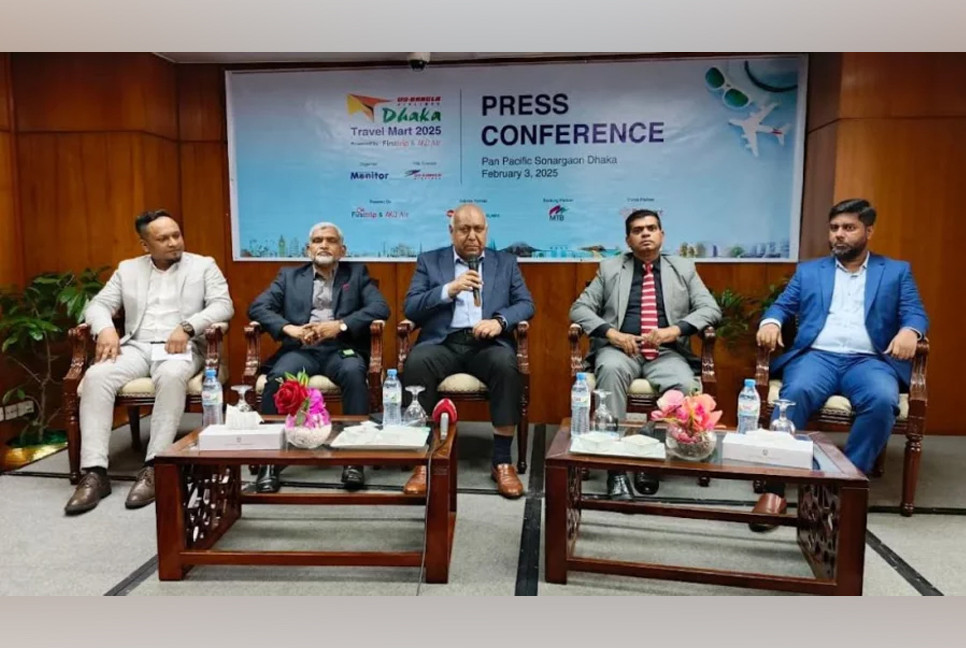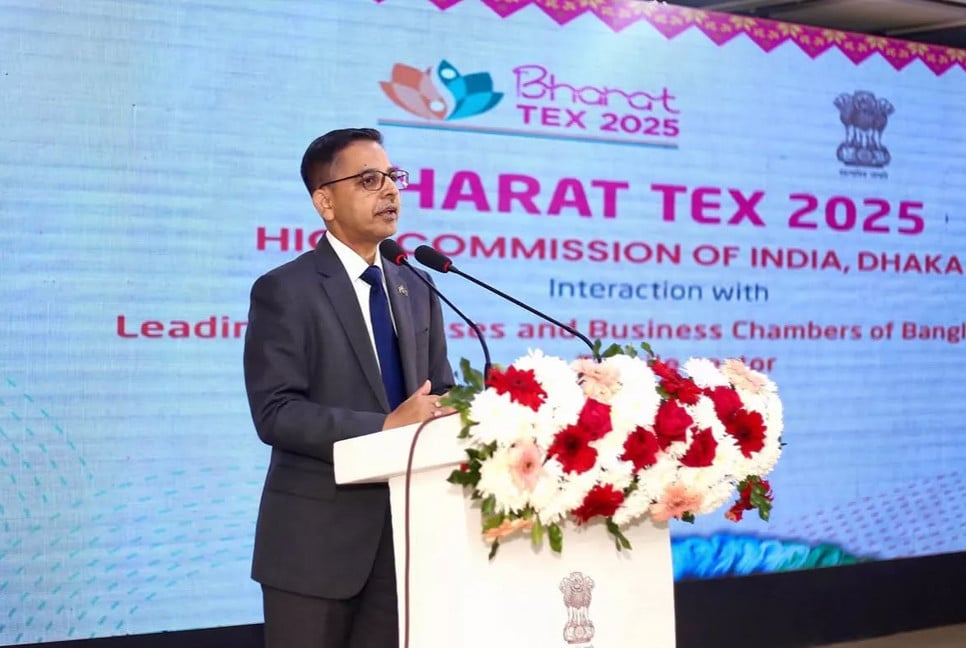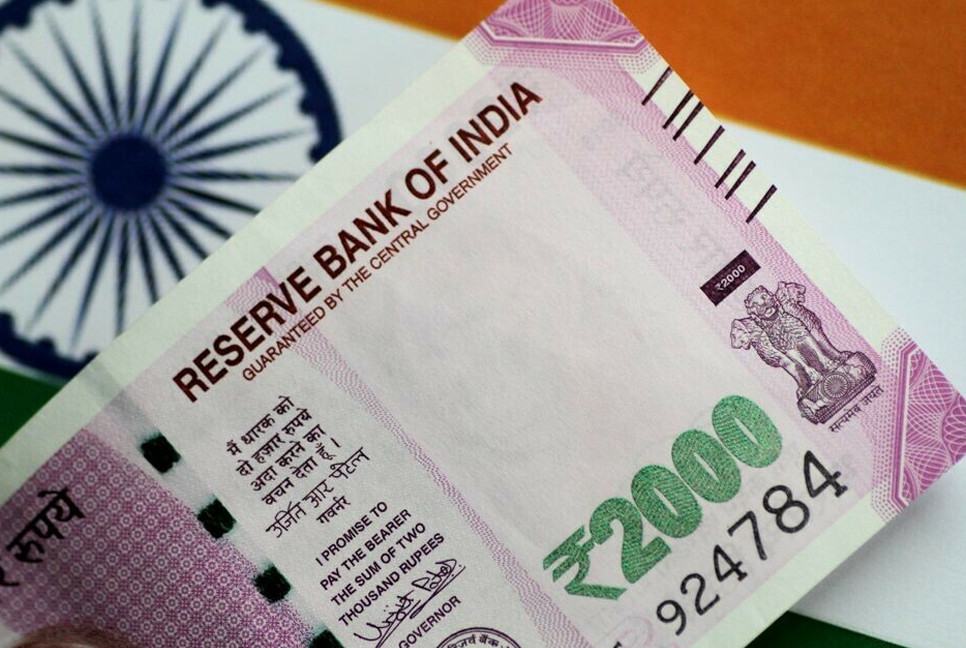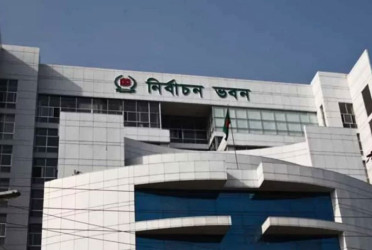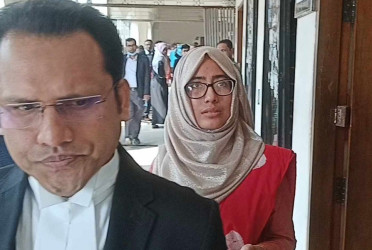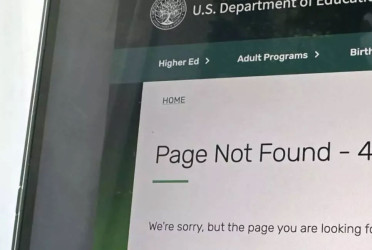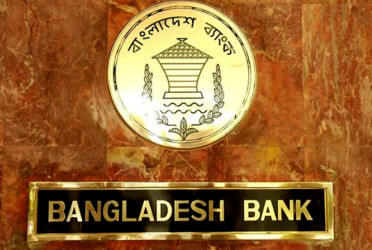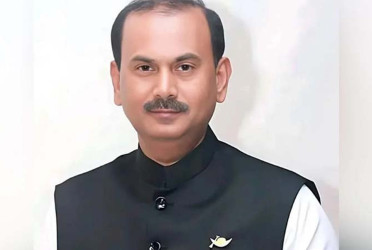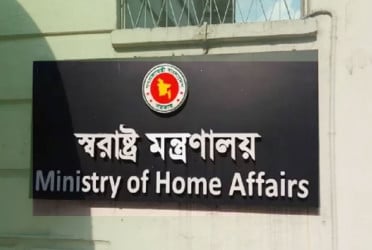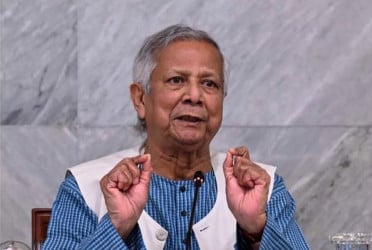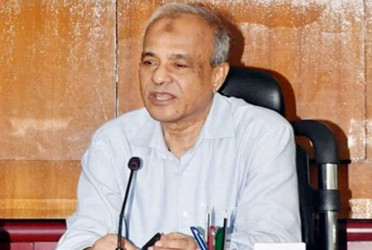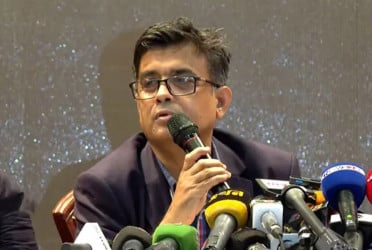The government has set ambitious revenue collection targets for the next three fiscal years, aiming to generate Tk5.64 lakh crore in FY26, Tk6.49 lakh crore in FY27, and Tk7.46 lakh crore in FY28, according to sources with the Ministry of Finance.
These projections, largely driven by commitments to the International Monetary Fund (IMF) and the need to address the ongoing economic crisis, have raised concerns among economists and policymakers.
Experts warn that without a well-defined action plan, strong enforcement measures, and structural reforms, these high targets may prove unrealistic, following the pattern of consistent shortfalls in recent years.
Despite the National Board of Revenue (NBR) repeatedly missing its targets – most recently falling Tk57,700 crore short in the first half of FY25 – the government continues to revise revenue projections upwards. The question remains: Can such ambitious goals be achieved without proper planning and accountability?
Experts warn of unrealistic targets
The Budget Management Committee (BMC) of the Internal Resources Division (IRD) under the Finance Ministry set the revenue collection targets for the next three fiscals, at a recent meeting chaired by its secretary Md Abdur Rahman Khan.
“The ministry has proposed to set the target of collecting Tk5,64,411.92 crore revenue in the upcoming budget and projected collection targets for another two fiscal years, which are highly ambitious compared to the reality,” a senior official of the finance ministry told the Daily Sun, seeking anonymity.
Meanwhile, the government has already revised down the revenue target for the current FY25, reducing it by Tk16,500 crore to Tk4.64 lakh crore.
Analysts argue that the government must adopt a more pragmatic approach to revenue generation, ensuring that targets are not just aspirational but also achievable.
Dr Mustafa K Mujeri, former director general of the Bangladesh Institute of Development Studies (BIDS), told the Daily Sun that while setting high revenue targets is not inherently bad, unrealistic figures often create more challenges than solutions.
“The NBR has a history of setting high revenue targets in the budget but failing to achieve them. A realistic approach is needed to ensure that revenue collection efforts align with economic conditions. The government must introduce a structured action plan to support these targets, ensuring enforcement and accountability,” he said.
Former NBR chairman Muhammad Abdul Mazid echoed similar concerns, though he supported the idea of increasing revenue targets. However, he stressed that the government must strengthen enforcement mechanisms and hold authorities accountable for revenue shortfalls.
“The NBR should increase enforcement to collect income tax from all eligible sectors. Without strict compliance measures and accountability, the revenue collection process will continue to face setbacks,” he added.
Persistent revenue shortfalls raise concerns
Despite the government’s ambitious projections, revenue collections have consistently fallen short. In the first half (H1) of FY25 alone, the government missed its internal revenue target by Tk57,700 crore – a 25% shortfall.
The target for this period was Tk2.14 lakh crore, but NBR managed to collect only Tk1.56 lakh crore, marking a 6% drop compared to the same period last year.
The trend of revenue shortfalls has been persistent in recent years.
In FY24, the government aimed to collect Tk4.10 lakh crore but fell short by Tk28,000 crore, achieving only Tk3.82 lakh crore.
Similarly, in FY23, the revenue collection target was Tk3.70 lakh crore, but the government managed to collect only Tk3.25 lakh crore, leaving a deficit of Tk45,000 crore.
According to a senior NBR official, the revenue collection crisis has been exacerbated by the political turmoil amid mass protests in July-August last, the ongoing economic downturn, and political uncertainty.
“These factors have directly impacted tax compliance and economic activity, making it difficult to meet collection targets,” he said on condition of anonymity.
Need for realistic targets and structural reforms
Experts suggest that instead of setting overly ambitious revenue goals, the government should focus on structural reforms, tax policy rationalisation, and enforcement improvements to boost collections sustainably.
Dr Mujeri emphasised that a clear roadmap should be developed, incorporating detailed strategies for widening the tax base, curbing tax evasion, and improving efficiency within the revenue authority.
“The government needs a pragmatic revenue strategy that is both achievable and beneficial for the public. If tax collection efforts are implemented effectively, it can reduce fiscal pressure and support economic recovery,” he said.
Courtesy: The Daily Sun
Bd-Pratidin English/ AM



